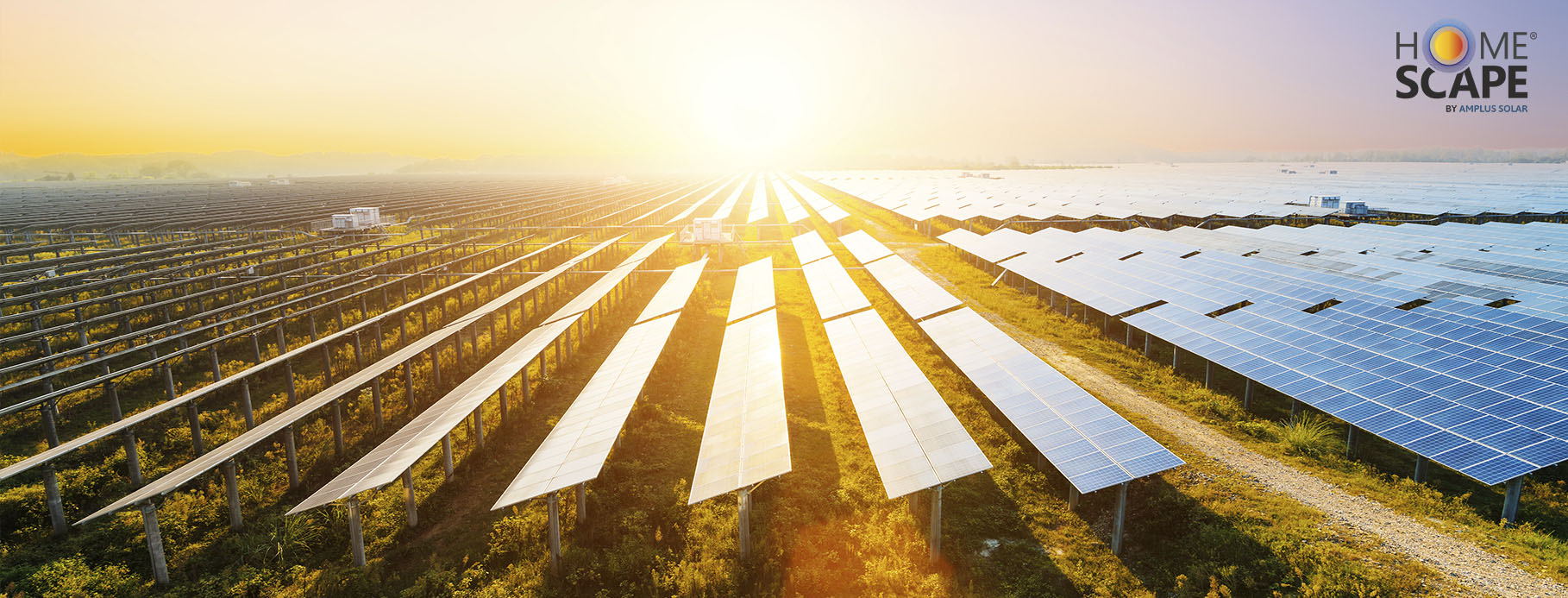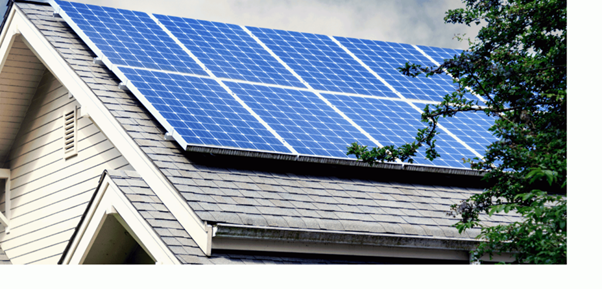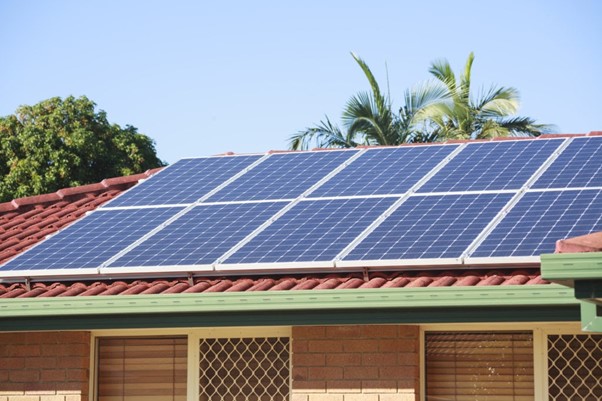Categories
10 January 2024
1kW Solar System Price with Subsidy for Home in India(2024)
Are you planning to upgrade your home to a solar-powered home? Do you think you have a small home and [...]
21 October 2022
Top 7 Benefits of Solar Energy
Every home needs a dependable energy supply to keep up with the need of their house. Opting for green energy [...]
20 April 2022
Take a Step Towards a Better Future with Home Solar
The government of India is promoting solar power as a cornerstone source of energy in the renewable energy mix on [...]
18 April 2022
How to Plan Solar Panel Installation for your Home
Getting rooftop solar system for your home is a smart investment to get practically free power for the system’s complete [...]
02 February 2022
How Cost-effective is it to install solar at home the Long Run?
A residential solar energy system is a smart investment that comes with the promise of guaranteed long-term savings. Despite the [...]
17 January 2022
7 Reasons Why Installing Solar Panels on Your Roof Is a Good Idea
Solar panel installation is a big commitment for homeowners. While most homeowners are aware of the benefits of switching to [...]





